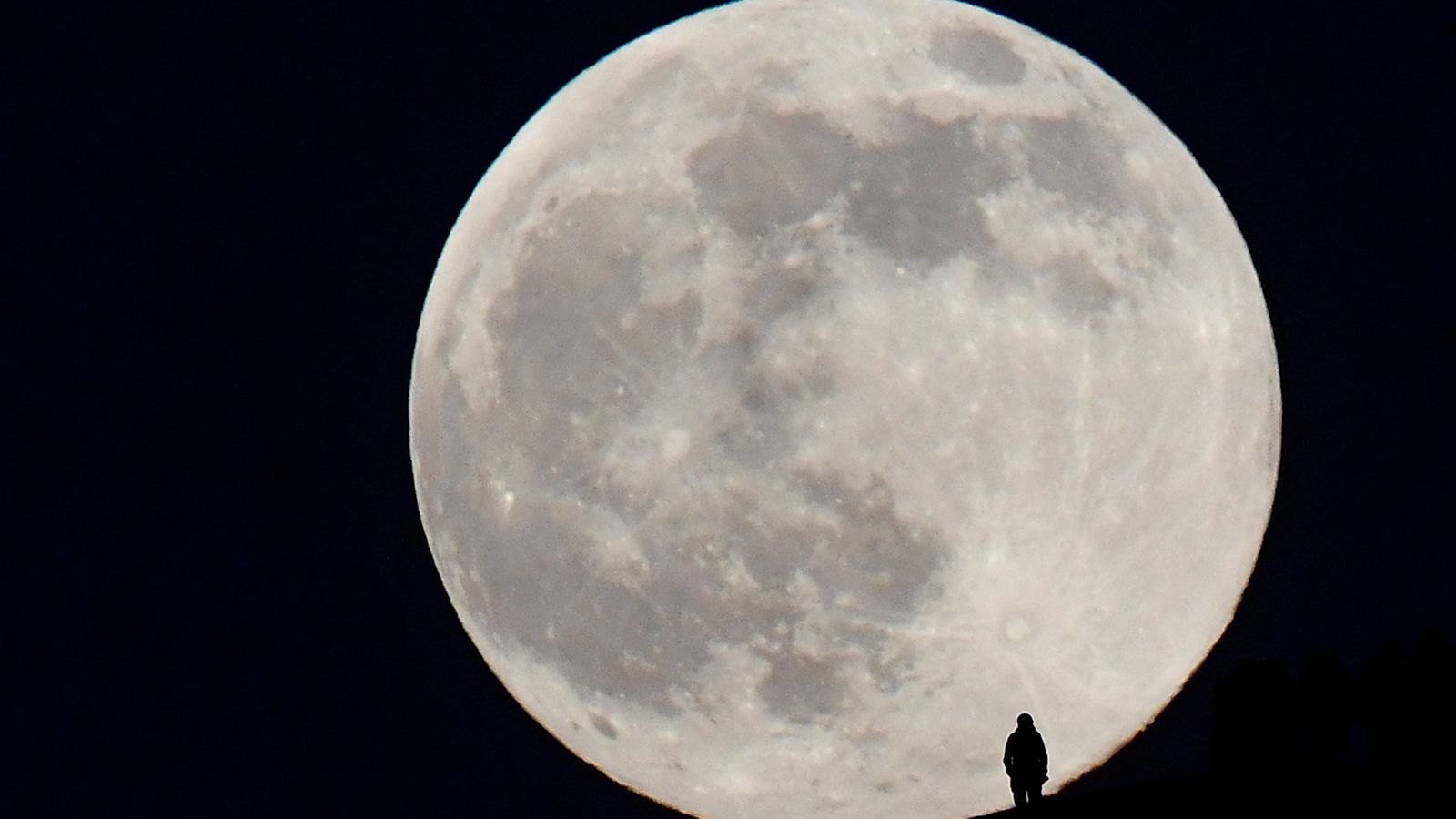Part of an old SpaceX rocket is predicted to crash into the moon in March, according to experts.
The Falcon 9 booster from Elon Musk’s space company has been drifting since February 2015, when it helped put a weather satellite into orbit.
It’s now expected to hit the moon on 4 March at 2.58km/s, according to Bill Gray – a data analyst who tracks near-Earth objects.
He said it’s the “first unintentional case” of space junk hitting the moon that he is aware of.
Harvard University astrophysicist Jonathan Dowell confirmed the expected collision.
“For those asking: yes, an old Falcon 9 second stage left in high orbit in 2015 is going to hit the moon on March 4. It’s interesting, but not a big deal,” he tweeted.
The moment of impact will not be observable as it’s forecast to hit the far side of the moon.
Elon Musk criticised on Chinese social media over risk of ‘collision’ between Starlink satellites and space station
SpaceX capsule splashes down returning astronauts to Earth
Jeff Bezos’s Blue Origin loses legal fight to take part in NASA moon landings
“The bulk of the moon is in the way, and even if it were on the near side, the impact occurs a couple of days after New Moon,” Mr Gray said in his blog.
However, he said there will be a short viewing window of a day or two in early February when it “will be bright, close and moving fast”.
These final observations should allow experts to refine the impact point to around a kilometre, possibly better, and the new crater may allow scientists to learn something about the geology of that part of the moon.
As well as large pieces of space junk such as the Falcon booster, NASA says there are about 23,000 pieces of debris bigger than a softball orbiting Earth at speeds of up to 17,500mph.
There are growing concerns that they could one day endanger a spacecraft.






















